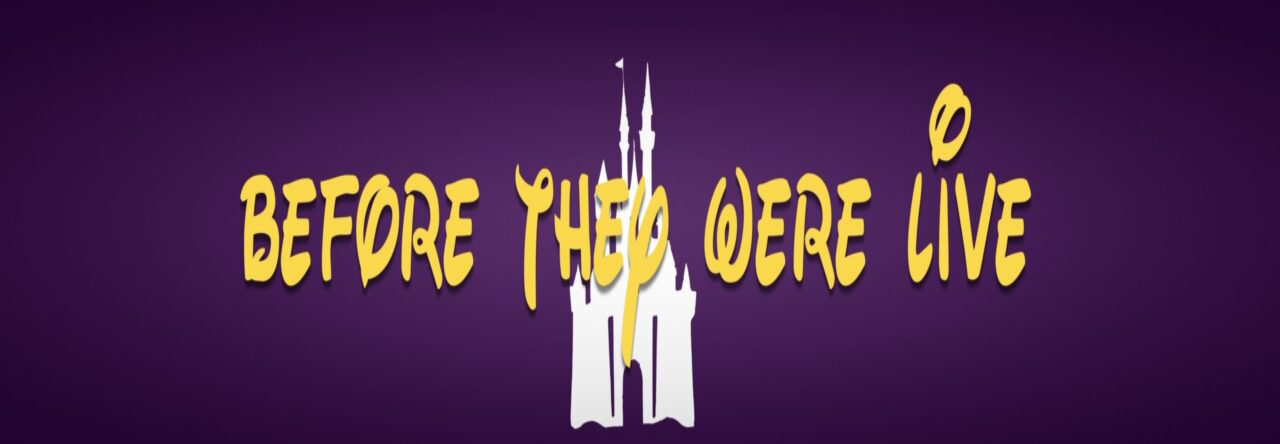Magic that trains toward a Christian metaphysics.
The Professor is the happy ending to Alice’s story. The adult who experiences the magic of childhood, and then encourages it in the next generation of children.
“Logic!” said the Professor half to himself. “Why don’t they teach logic at these schools? There are only three possibilities. Either your sister is telling lies, or she is mad, or she is telling the truth. You know she doesn’t tell lies and it is obvious that she is not mad. For the moment then and unless any further evidence turns up, we must assume that she is telling the truth.”
But how could it be true, sir?” said Peter.
“Why do you say that?” asked the Professor.
“Well, for one thing,” said Peter, “if it was real why doesn’t everyone find this country every time they go to the wardrobe? I mean, there was nothing there when we looked; even Lucy didn’t pretend there was.”
“What has that to do with it?” said the Professor.
“Well, sir, if things are real, they’re there all the time.”
“Are they?” said the Professor; and Peter did not know quite what to say.
“But there was no time,” said Susan. “Lucy had had no time to have gone anywhere, even if there was such a place. She came running after us the very moment we were out of the room. It was less than a minute, and she pretended to have been away for hours.”
“That is the very thing that makes her story so likely to be true,” said the Professor. “If there really is a door in this house that leads to some other world (and I should warn you that this is a very strange house, and even I know very little about it)—if, I say, she had got into another world, I should not be at all surprised to find that the other world had a separate time of its own; so that however long you stayed there it would never take up any of our time. On the other hand, I don’t think many girls of her age would invent that idea for themselves. If she had been pretending, she would have hidden for a reasonable time before coming out and telling her story.”
“But do you really mean, sir,” said Peter, “that there could be other worlds—all over the place, just round the corner—like that?”
“Nothing is more probable,” said the Professor, taking off his spectacles and beginning to polish them, while he muttered to himself, “I wonder what they do teach them at these schools.”









